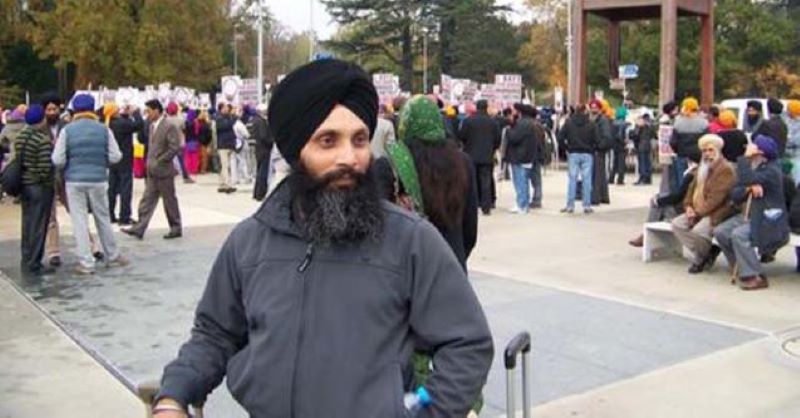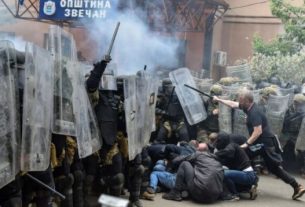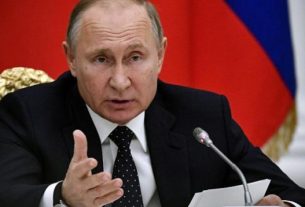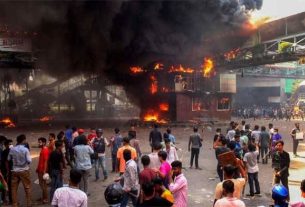Last September, Canadian Prime Minister Justin Trudeau alleged that “credible” information linked Indian government “agents” to the killing of Canadian citizen and Khalistani terrorist Hardeep Singh Nijjar in Vancouver in June. India has denied these claims, citing a lack of evidence.
The United States has now called for India’s cooperation in Canada’s investigation. State Department spokesperson Matthew Miller described the allegations as “extremely serious” and urged New Delhi to collaborate with Ottawa, though he noted India has so far declined. Miller emphasized the ongoing strength of India-US relations while advocating for transparency in the matter.
The diplomatic fallout has escalated with each side expelling senior diplomats and Canada alleging Indian agents colluded with criminal gangs to target pro-Khalistani elements in Canada. Trudeau criticized India’s actions as “unacceptable” and said Canadian authorities had faced resistance from India in their inquiries.
Nijjar, associated with the banned Khalistan Tiger Force, was on India’s most-wanted list for multiple crimes, including murder. The accusations have sparked further tensions between India and Canada, adding to an 18-month diplomatic standoff.





